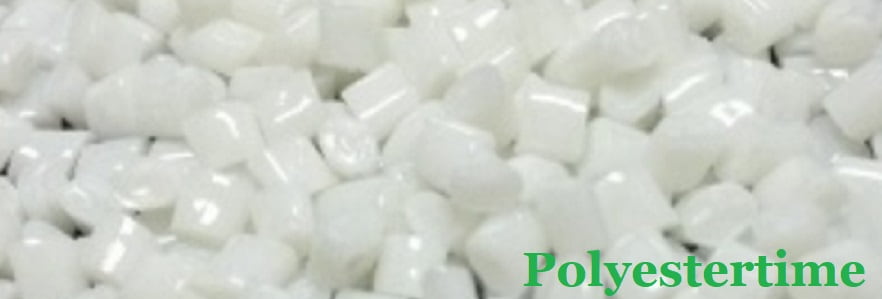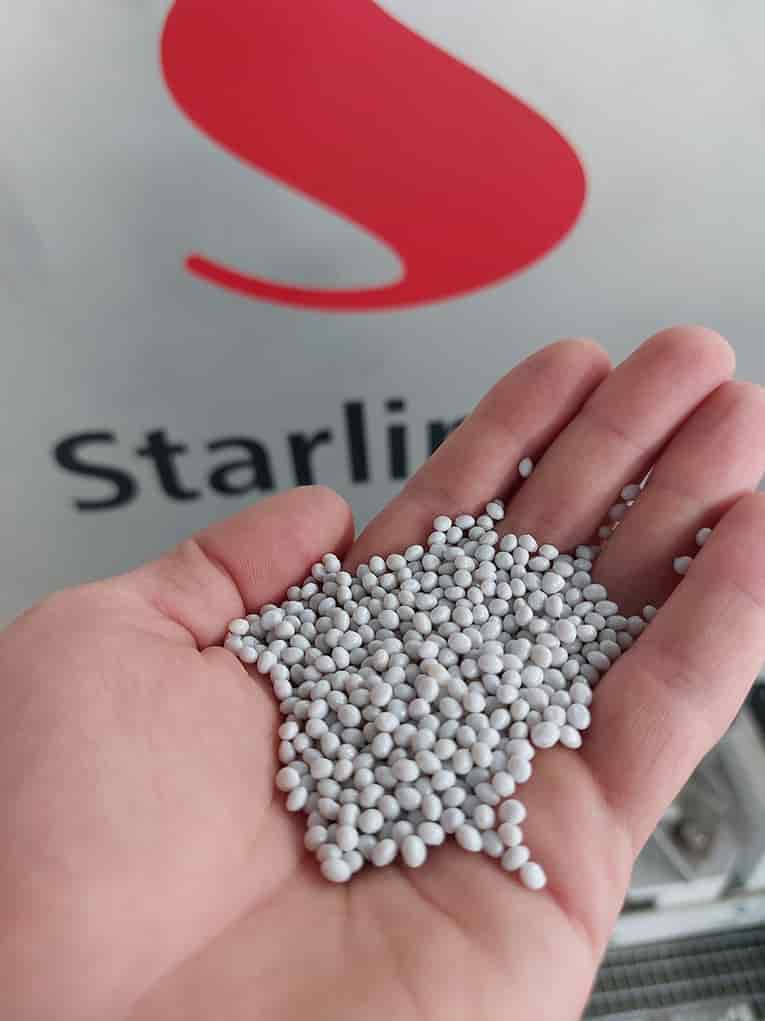Bottles Recycling – The Thai Industrial Standards Institute (TISI), under the Industry Ministry, has established new standards for food-grade plastic bags used for hot storage, cold storage, and microwaving 30-05-2024
Green Hydrogen: TE H2 and VERBUND’s Major Project in Tunisia
TE H2, a joint venture between TotalEnergies and EREN Groupe, alongside Austria’s leading electricity company VERBUND, has signed a Memorandum of Understanding with the Republic of Tunisia to explore a substantial green hydrogen project, “H2 Notos.” This initiative aims to export green hydrogen to Central Europe via pipelines.
H2 Notos plans to produce green hydrogen using electrolysers powered by large onshore wind and solar projects, utilizing desalinated seawater. Bottles Recycling
Initially, the project targets an annual production of 200,000 tons of green hydrogen, with potential to scale up to one million tons per year in South Tunisia.
The hydrogen will be transported to Europe through the “SoutH2 Corridor,” a pipeline network connecting North Africa to Italy, Austria, and Germany, expected to be operational around 2030.
TE H2 and VERBUND will lead the development, financing, construction, and operation of the project, from green electricity production to hydrogen generation. VERBUND will also coordinate hydrogen transport to Central Europe. Bottles Recycling
Michael Strugl, CEO of VERBUND AG, emphasized Tunisia’s strategic importance for scalable and competitive hydrogen production, crucial for supplying the European industry. He looks forward to collaborating with Tunisian authorities and the local population to develop this GW-scale project.

Why does China PET bottle chip industry run decline continuosly in the peak season ?
Recently, PET bottle chip prices have shown a tendency towards weakness. On one hand, the support from upstream raw material costs is not strong enough. On the other hand, sea freight rates continue to rise, coupled with a shortage of shipping containers. Post the May Day holiday, some PET bottle chip factories have experienced partial hindrances in export shipments, and the pickup speed by some downstream customers has slightly decreased. Bottles Recycling
However, after prices fell below the 7000yuan/mt mark, downstream major factories have started replenishing stocks one after another. It is reported that many downstream major factories have already made purchases until August. Though current processing spread of PET bottle chip is still around 550yuan/mt, in terms of bulk deals since May, the actual processing spread is around 450yuan/mt. Will the O/R of PET bottle chip factories continue to decrease in the future?
According to CCFGroup statistics, Chongqing Wankai, Sichuan Hanjiang, and CRC Jiangyin have taken actions to reduce or halt production, involving a total capacity of 1.5 million tons. Combined with previous long term shutdown and capacity conversions of about 1 million tons, the current idle capacity totals around 2.5 million tons, affecting the operating rate by approximately 13.8%. Bottles Recycling

The Thai Industrial Standards Institute (TISI), under the Industry Ministry, has established new standards for food-grade plastic bags used for hot storage, cold storage, and microwaving
Industry Minister Pimphattra Wichaikul announced these updates on Tuesday, highlighting the TISI board’s decision on May 21 to enhance consumer safety by replacing old standards.
Minister Pimphattra emphasized the urgency of issuing an official announcement to classify these plastic bags as controlled goods to ensure consumer protection. She noted that Thai consumers frequently use plastic bags for hot foods, cold foods, and drinks, which can lead to contamination with toxic heavy metals when used improperly. Bottles Recycling
To further safeguard consumers, the minister instructed TISI to expedite the regulation of other food-contact containers, such as plastic and stainless steel lunch boxes.
Deputy Permanent Secretary Banchong Sukrita, chairing the TISI board, mentioned the approval of 97 additional standards, including those for student chairs, plastic chairs, and rubberwood products.
TISI Secretary General Wanchai Phanomchai detailed the new standards, which set contamination limits for toxic heavy metals like lead, aluminium, and mercury. Bags for hot foods must withstand up to 100°C, those for frozen foods must endure -18°C, and microwaveable bags must tolerate at least 80°C. Bottles Recycling

Turkish company scales up PET bottle recycling line
The company, PAAG, installed a Starlinger RecoStar bottle-to-bottle recycling line in March.
Istanbul-based PCR Ambalaj Atıkları Geri Kazanım A.Ş. (PAAG), a member of Bell Holding A.Ş., has installed a Starlinger Recycling Technology RecoStar PET (polyethylene terephthalate) 165 HC iV+ PET bottle-to-bottle recycling line with a production capacity of up to 1,800 kilograms per hour in its Gebze facility in Kocaeli, near Istanbul. The line began operating in mid-March. Bottles Recycling
By investing in bottle-to-bottle recycling, PAAG aims to reduce the demand for virgin plastic, minimize its carbon footprint and promote a more sustainable approach to packaging.
“We entered the bottle-to-bottle recycling market with a firm commitment to advancing sustainability and making a positive impact on the environment,” PAAG Vice Chairman Bekir Öktenoğlu says. “Recognizing the urgent global issue of climate change, we saw an opportunity to contribute to a circular economy by transforming used plastic bottles into new, high-quality bottles.” Bottles Recycling

Bottles Recycling




